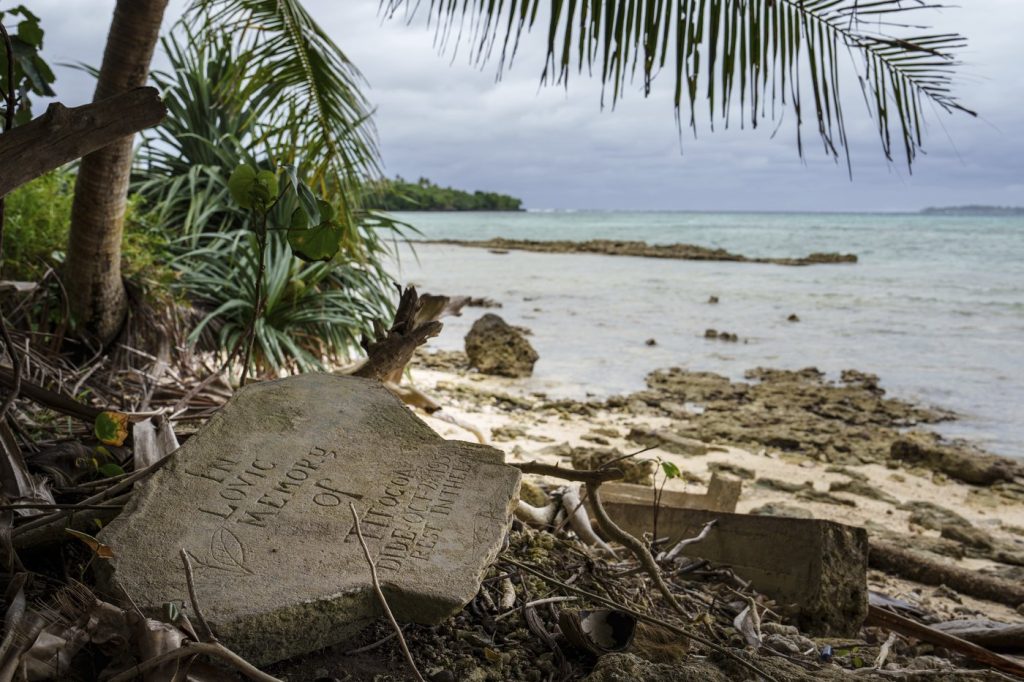THE HAGUE, Netherlands (AP) — The International Court of Justice, the UN's highest court, is set to deliver a historic advisory opinion on climate change, a decision that holds the potential to establish a significant legal benchmark for global action against the climate crisis. The opinion arises from a request by the U.N. General Assembly in 2023, influenced by vulnerable island nations concerned about the existential threat of rising sea levels.
The court, comprised of a panel of 15 judges, was tasked with addressing two pivotal questions: first, what obligations do countries have under international law regarding the protection of the climate and environment from human-induced greenhouse gas emissions? Second, what are the legal repercussions for governments whose actions or inaction have notably harmed the climate and environment?
Arnold Kiel Loughman, the attorney general of Vanuatu, articulated the urgency of the matter, stating, “The stakes could not be higher. The survival of my people and so many others is on the line.” His remarks came during a week of hearings in December, highlighting the dire situation faced by nations particularly vulnerable to climate change effects.
Over the decade leading to 2023, global sea levels have increased by an average of approximately 4.3 centimeters (1.7 inches), with some areas of the Pacific experiencing even greater rises. Concurrently, the planet has warmed by 1.3 degrees Celsius (2.3 degrees Fahrenheit) since preindustrial times, attributed largely to fossil fuel combustion. This situation is critical for many island states across the South Pacific, with Vanuatu being a prominent advocate for international legal intervention to address climate change challenges.
According to Ralph Regenvanu, Vanuatu's minister for climate change, the international agreements currently in place are insufficient, stating, “The agreements being made at an international level between states are not moving fast enough.” While the court's decision will serve as a non-binding advisory opinion and cannot directly compel wealthy nations to take specific actions, it carries significant symbolic weight and could lay the groundwork for future legal actions, including domestic lawsuits.
Legal experts, such as Joie Chowdhury from the Center for International Environmental Law, have emphasized the importance of this case. Chowdhury argued that the decision would address the historical, present, and future aspects of climate action, asserting, “It’s not just about future targets — it also tackles historical responsibility.” This multifaceted approach could empower activists to sue their governments for non-compliance, and states could potentially hold one another accountable by returning to the International Court of Justice.
Opposition to the court mandating emissions reductions is notably strong from major oil-producing nations, particularly the United States and Russia. However, the mere act of the court issuing an opinion represents a continuing series of legal victories for smaller island nations. Earlier this month, the Inter-American Court of Human Rights recognized that countries have a legal obligation not only to prevent environmental harm but also to actively protect and restore ecosystems. The European Court of Human Rights similarly ruled last year that nations are required to better safeguard their citizens from climate change impacts.
In a precedent-setting ruling in 2019, the Supreme Court of the Netherlands affirmed that protection from the potentially catastrophic ramifications of climate change constitutes a human right, stating that the government is obligated to protect its citizens in this regard. This chain of legal advancements underscores the growing recognition of climate change as a pressing human rights issue and the necessity for legal frameworks to enforce accountability.











